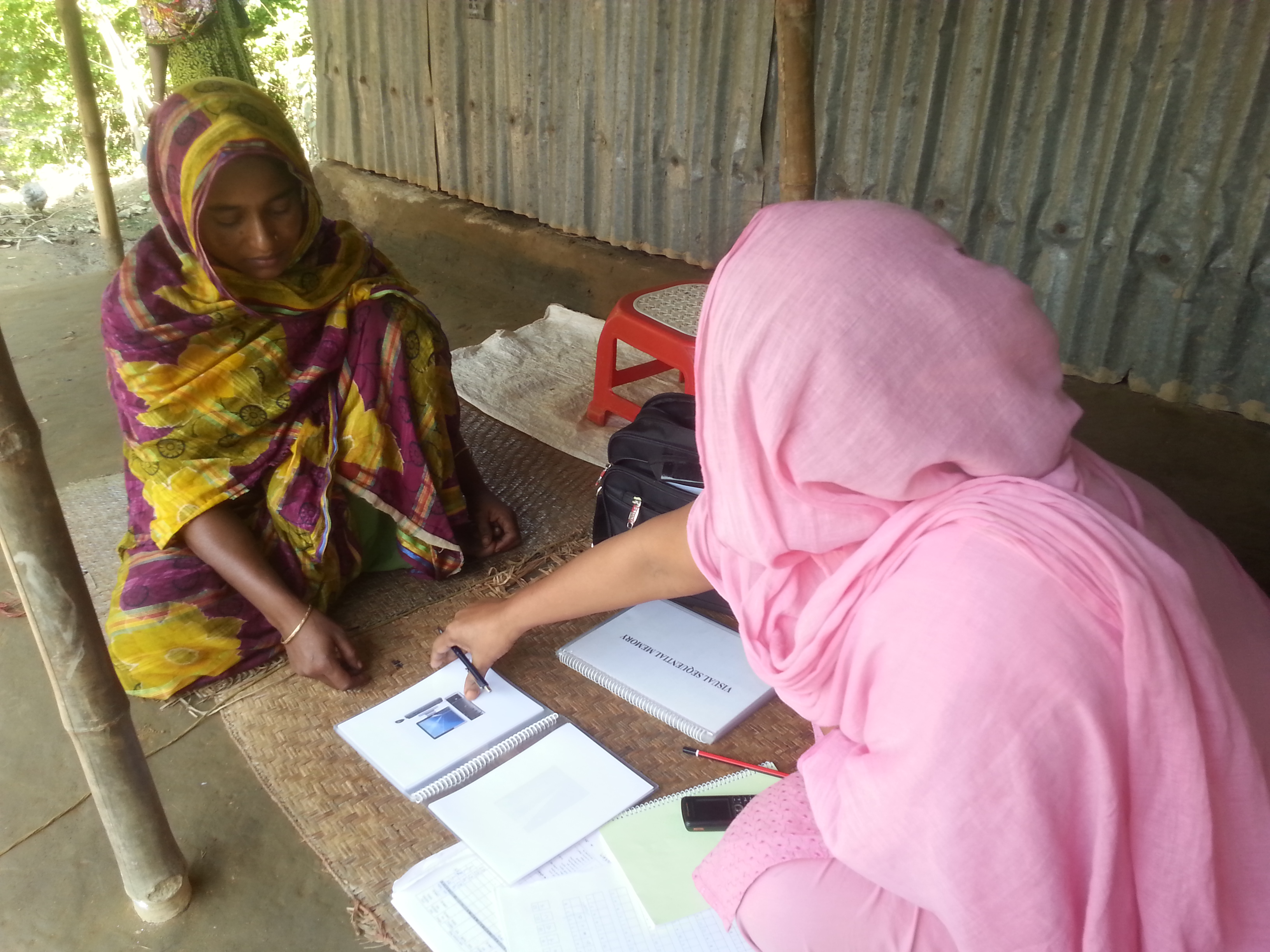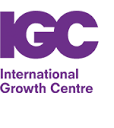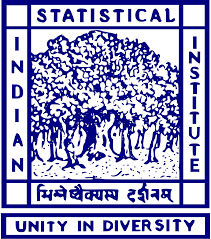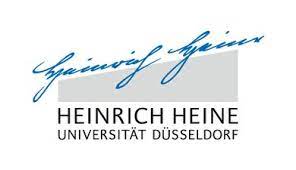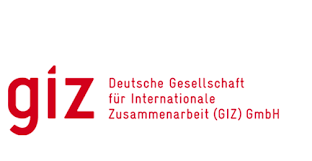Project title: Economic preferences across generations
Contact person and organization: Professor Matthias Sutter, Max Planck Institute for Research on Collective Goods, Bonn, Germany and Prof. Dr. Hannah Schildberg-Hörisch, Heinrich Heine University Düsseldorf, Germany
Project timeline: 2018-2021
Project description:
Economic preferences – such as risk, time and social preferences – are important for a large set of outcomes in life. However, the rapidly growing literature in economics in this area has typically investigated how parental characteristics affect children’s economic preferences. In most cases, parental economic preferences have not been elicited to explain children’s preferences, but rather the focus has been on factors like parental socio-economic status. Moreover, the analysis has typically looked at how parental characteristics determine a specific type of a child’s economic preferences. In this project, the objective is to elicit the economic preferences of full families, meaning of both parents and of children, and to construct a panel data set containing preferences of both parents and children overtime.
Research design and data collection:
The project involves collection of multiple rounds of preference data of children and their parents. All preferences data are collected through incentivized experiments. In addition, children and their parents IQ, socio-economic information etc., have also been collected.
Results and policy lessons
The result is private to the client.
Survey Name: Experimental Survey-2020-2021
Survey Details:
Survey districts:
• In 4 upazilas of Netrakona district
• In 2 upazilas of Chandpur district
• In 3 upazilas of Gopalganj district
• In 2 upazilas of Sunamganj district
Survey sample:
• Experimental survey sample- 4800 HH
• For the experimental survey individual household member survey 16000 HHM
Survey Name: Measurement of Higher-Order Risk Preferences Survey-2020
Survey Details:
Survey districts:
• In 4 upazilas of Netrakona district
• In 2 upazilas of Chandpur district
• In 3 upazilas of Gopalganj district
• In 2 upazilas of Sunamganj district
Survey sample:
• Household phone call survey sample- 1100 HH
Survey Name: Experimental Survey-2020
Survey Details:
Survey districts:
• In 4 upazilas of Netrakona district
• In 2 upazilas of Chandpur district
• In 3 upazilas of Gopalganj district
• In 2 upazilas of Sunamganj district
Survey sample:
• Experimental survey sample- 4200 HH
• For the experimental survey individual household member survey 16000 HHM
Survey Name: Experimental Survey-2019-2020
Survey Details:
Survey districts:
In 4 upazilas of Netrakona district
In 2 upazilas of Chandpur district
In 3 upazilas of Gopalganj district
In 2 upazilas of Sunamganj district
Survey sample:
• Experimental survey sample- 4200 HH
• For the experimental survey individual household member survey 16000 HHM

